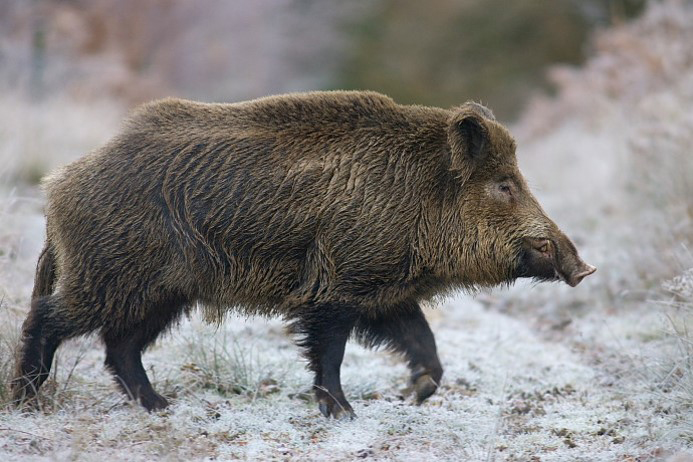Feral hog toxicant approved in Texas and Oklahoma

Feral hogs remain a plague to areas of Oklahoma and Texas and as their populations build, they continue to damage crops and spread disease to livestock. The removal methods such as traps and hunting are time-consuming and barely make a dent in a problem that is out of control. However, two Southern Plains states have approved a new method for feral hog removal that could be a step toward controlling wild hog populations.
Texas approved the use of Kaput Feral Hog Bait in February and it is now registered for use by licensed pesticide applicators for controlling feral hogs. Texas has a particularly large population of feral hogs and these invasive species have been found in nearly every county in the Lone Star State. U.S. Department of Agriculture indicates there is more than $200 million in damages in Texas each year to crop and livestock production due to feral pigs.
Oklahoma followed with their approval of the toxicant in April. The Oklahoma Cattlemen’s Association made an official request from the Oklahoma Department of Agriculture, Food and Forestry to accept the toxicant for use in feral hogs.
“Feral swine cause millions of dollars of damage to Oklahoma property through their destructive behaviors destroying range, pasture and hay lands,” the request stated. “OCA members share experiences of overnight loss of entire hay fields due the rooting behaviors of feral swine. Additionally, improved crops that could be used directly or harvested for forage are destroyed by feral swine.”
Kaput is a Warfarin-based anticoagulant, which stops blood clotting and leads to death. Unlike other toxicants, there is an antidote—Vitamin K1—for accidental poisoning of pets or wildlife. Kaput is designed to kill rats, mice, voles, moles, black-tailed prairie dogs, California ground squirrels, pocket gophers, fleas, ticks and feral hogs. Use of this rodenticide is expected to make more of an impact on the feral hog population than previous methods of removal.
Lacey Vilhauer can be reached at 620-227-1871 or [email protected].



